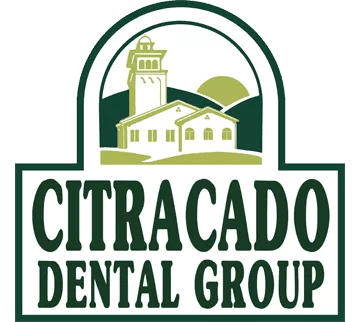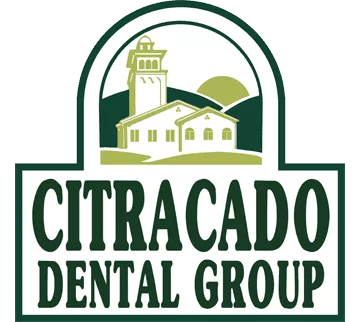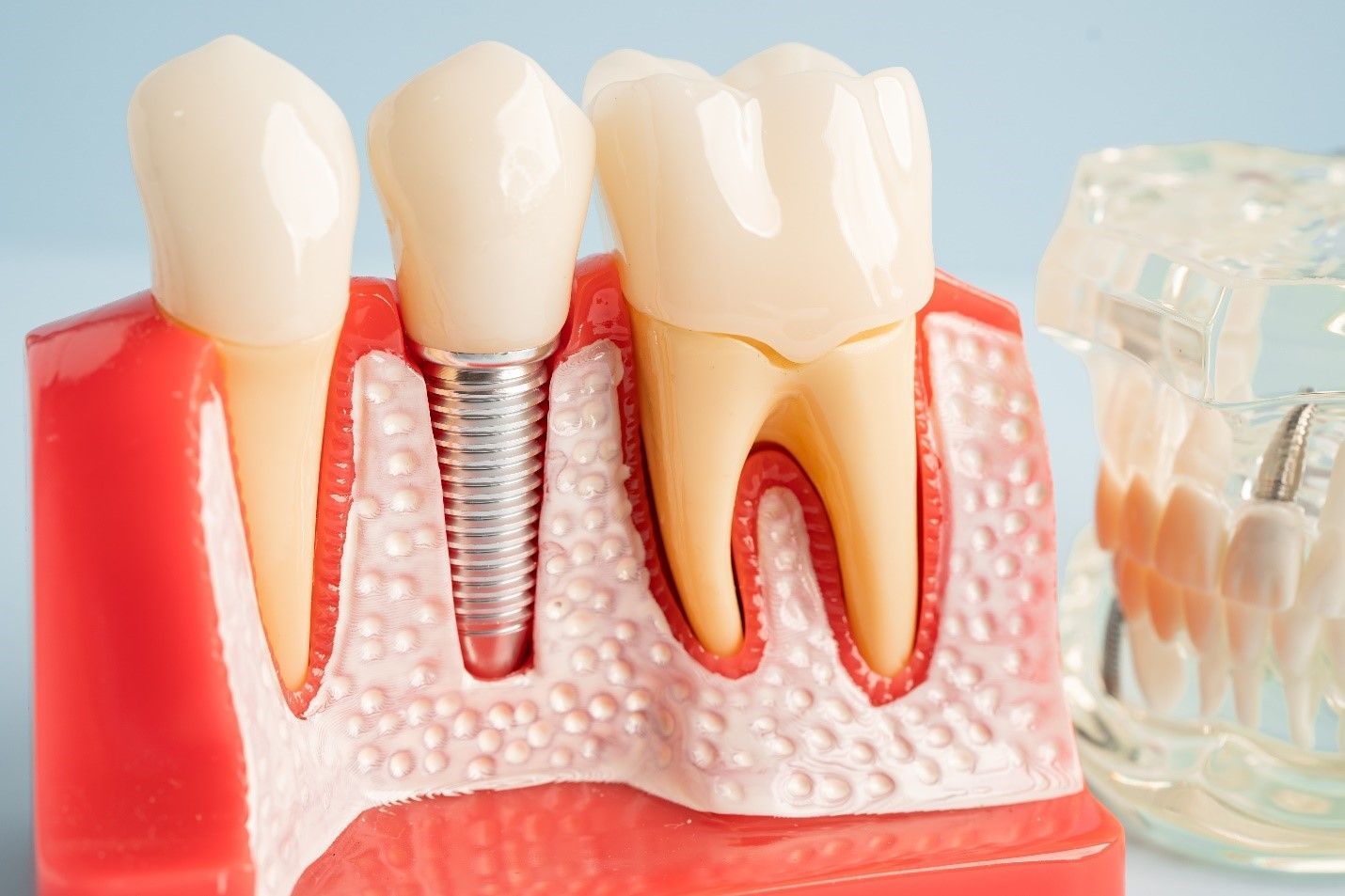CAUSES OF DRY MOUTH AT NIGHT

From time to time, it’s normal to feel a little parched and experience a fleeting moment of cotton mouth.
A glass of water or chewing gum is usually the remedy to reverse sudden mouth dryness.
But, what happens if dry mouth becomes more common? What if you wake up night after night with this symptom? Xerostomia is a form of dry mouth can occur frequently and typically is worse at night. Here are some things to know about xerostomia and its implication on your oral health.
The sensation of dry mouth varies from person to person but is typically described as a dry or sticky feeling in the mouth. If you’ve ever had cotton mouth, you know how thirsty it’ll make you feel. Many people experience dry mouth without noticing it, and may discover this during a dental exam or dental hygiene visit.
Some people with more severe cases can develop mouth sores and dryness of the throat. Burning, tingling and redness of the tongue or palate are also possible. Other symptoms can include a sore throat and dry nasal passages.
Dry mouth can be caused by a number of conditions or situations. It’s becoming more common with patients who take various prescription medications. Xerostomia, or dry mouth is a side effect of at least half of all prescription drugs, and may be compounded by the number of medications used.
Nighttime dry mouth
- Dehydration can be a common cause of nighttime dry mouth. So, it’s important to understand what caused the dehydration, which is triggered by illness, blood loss, sweating and other causes.
- Smoking and other lifestyle choices can lead to nighttime dry mouth.
- Sleep apnea, and nasal congestion or allergies are additional risk factors.
Other causes of dry mouth
- Many prescription or over-the-counter medicines have this side effect.
- Autoimmune conditions can impede the body’s ability to produce bodily fluids, which can contribute to the development of dry mouth.
- Nerve damage, head and neck injuries, or radiation treatment to the head and neck slow down salivary glands and cause dry mouth.
- Seasonal allergies and some infections can be common causes.
As you learn more about your triggers, you can take actions to reduce or eliminate episodes of extreme dry mouth at night. For instance, if you suspect a medication is to blame, speak to your doctor about the issue and see if there’s an alternative treatment.
Dry mouth sufferers can also use a prescription-strength oral rinse that helps bring back moisture. Other medications work by inducing saliva production. Rinses and sugarless gum containing Xylitol are shown to be effective in improving saliva flow. If the dry mouth is caused by an underlying condition, the only way to address it may be through treating the root cause.
Xerostomia can be a serious issue for dental patients who find themselves with unusual new decay or bleeding gums, in spite of good oral hygiene and regular dental visits. Your dental provider should be able to assist you in managing this challenging problem.
Home treatment and natural remedies can reduce nighttime dry mouth. The first and obvious natural treatment is consuming generous amounts of water throughout the day. Limiting caffeine and alcoholic beverages is also another step in the right direction. A good oral health routine is also beneficial.
If nighttime mouth dryness impacts your quality of sleep or causes discomfort, it’s a good idea to reach out to your healthcare and dental providers to learn more.
QUICK MENU
RECENT POSTS






